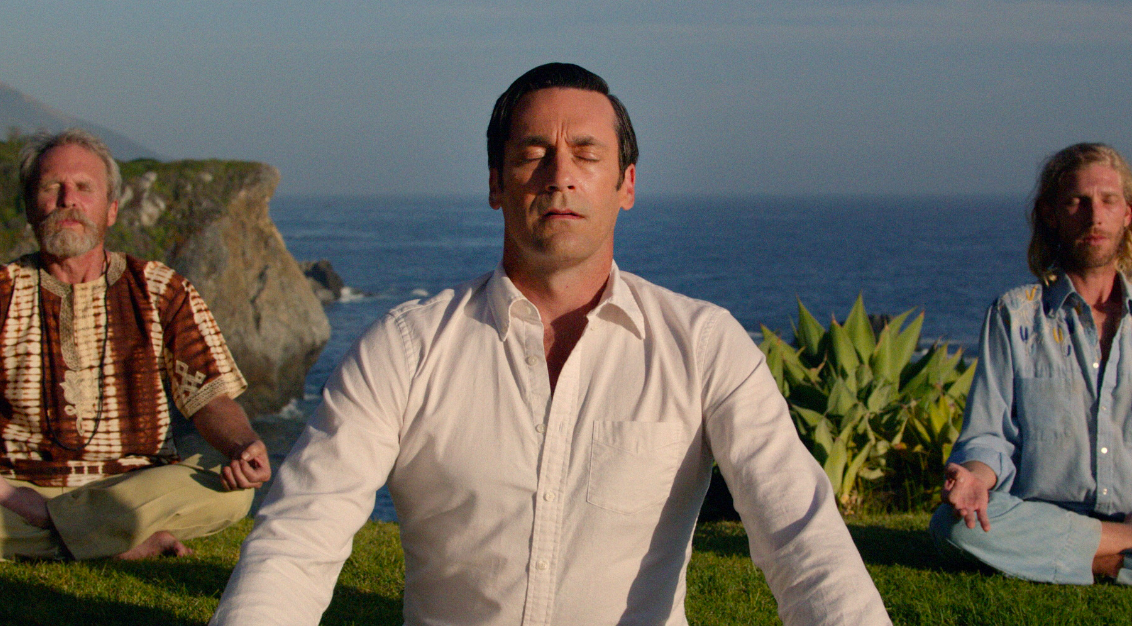In the nineties a new word crept into the vocabulary of work. It was no longer enough to be good at your job. You now had to be passionate about it, whatever it was. Passionate about real estate. Passionate about ad sales. Passionate about car insurance. Passionate about PR.
This led to some absurd situations. My accountant told me he interviewed a young person for a job at his company. At their interview this young man claimed that he was “passionate about accounting.” My accountant laughed and said: “I think it’s a fairly pleasant way to make a living, but I wouldn’t say I was exactly passionate about it.”
Then the overlords of Silicon Valley, like their Puritan ancestors, encouraged an ideal of work where it become cool to go without sleep and work absurdly long hours for your boss or platform.
This “overwork ethic” suited the so-called “gig economy”, where middlemen make big money out of connecting customers with services. A 2017 subway ad for the freelance platform Fiverr ran: “You eat coffee for lunch. You follow through on your follow through. Sleep deprivation is your drug of choice. You might be a doer.” I even read disturbing reports of a phenomenon called “hustle porn” where young Elon Musk wannabes posted pictures of themselves sleeping at their desk, exhausted by their travails, at 1am.
Now there’s a new movement which is resisting the overwork ethic. It’s called “quiet quitting” and it means doing the hours you’re paid for but no more. Like a city worker of old, when the bell chimes five, you put on your hat and walk out of the door. Millennials are posting about these ideas on platforms like Tik Tok and Instagram (apparently unaware that by crafting witty videos for these massive ad sales brokers they are doing the precise thing that they claim to be resisting, which is working for free, but that’s another story).
“Quiet quitting” comes hot on the heels of China’s tang ping movement, which saw young Chinese rejecting the crazy work ethic promoted by Chinese authorities, where it’s your socialist duty to toil ten hours a day, six days a week. In the States, a forum called “antiwork” on Reddit attracted over a million subscribers, mainly young people complaining about their crap jobs.
To me it’s a great positive that millennials and Gen Zers are waking up to the fact that encouraging passion and hustle in your work is generally a trick played by the share-owning overlords to get you to work — i.e. increase their share price — for nothing. After all, as Sarah Jaffe points out in her book Work Won’t Love You Back, you might be asked to love your job, but your job won’t love you and that is proved by the fact that a new MD will not hesitate to sack dozens of employees to help boost the bottom line or share price.
Those great revolutionaries Aristotle, Christ, Oscar Wilde and Bertrand Russell all argued that a civilised society should reduce the working day and increase leisure time. “Consider the lilies, they toil not, neither do they spin.”










Join the discussion
Join like minded readers that support our journalism by becoming a paid subscriber
To join the discussion in the comments, become a paid subscriber.
Join like minded readers that support our journalism, read unlimited articles and enjoy other subscriber-only benefits.
Subscribe